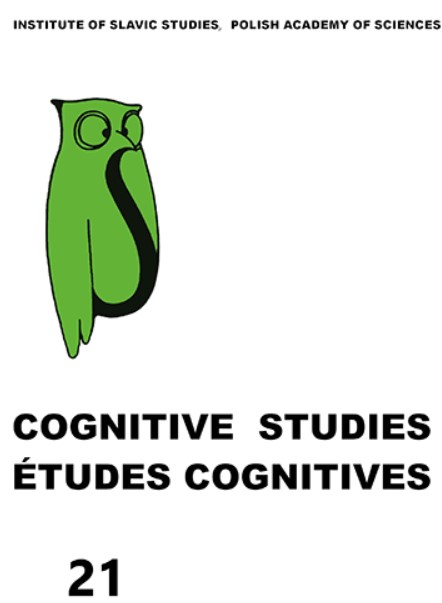Lower Sorbian (New) Speakers: Questions Worth Asking
Lower Sorbian (New) Speakers: Questions Worth Asking
Author(s): Joanna ChojnickaSubject(s): Sociolinguistics, Western Slavic Languages, Ethnic Minorities Studies, Identity of Collectives
Published by: Instytut Slawistyki Polskiej Akademii Nauk
Keywords: Lower Sorbian; minority language; endangered language; revitalization; sociolinguistic survey;
Summary/Abstract: This article discusses the results of a sociolinguistic survey conducted among speakers of Lower Sorbian in autumn/winter 2020/2021. Lower Sorbian is an endangered Slavic language spoken in Lower Lusatia, a region located in the federal state of Brandenburg in eastern Germany. As is the case with many other minority languages, efforts are currently being undertaken to revitalize it and ensure its survival for future generations. Since home transmission of Lower Sorbian has practically ceased completely, the burden of revitalization is increasingly being carried by so-called new speakers, i.e. speakers who have acquired the language, usually via institutional education and often as adults. The online survey, available both in Lower Sorbian and German, consisted of 30 questions divided into four sections: General information, Language use/linguistic practices, Lower Sorbian identity and community, and Opinions and attitudes. Its goal was to gather general information on the Lower Sorbian speaker community and on how it operates. Although the survey did not target new speakers specifically, it was expected to be completed mostly by this speaker group. It was designed to provide an overall picture of new speaker profiles, to be explored in depth later in the project during individual sociolinguistic interviews and focus group discussions. The questionnaire was distributed via familiar speaker networks and completed by 78 respondents (43 in German and 35 in Lower Sorbian). As the number of Lower Sorbian speakers is not known, the results of the survey cannot be considered representative. They do, however, provide important and interesting information about a group of speakers who are mostly of working age, well-educated and living predominantly in Cottbus or the surrounding area. They make an effort to speak the endangered language in professional and social/cultural contexts, they are aware of its precarious situation and they care about its survival. Most of our respondents have learned the language — or are still learning it — via institutional education, which makes them new speakers. Through multiple diagrams that represent the survey results in an easy-to-follow way, complemented by examples of respondents’ comments to the questionnaire, the article paints a general picture of these speakers, their motivations, language practices and future hopes and aspirations.
Journal: Cognitive Studies | Études cognitives
- Issue Year: 2021
- Issue No: 21
- Page Range: 1-22
- Page Count: 22
- Language: English

